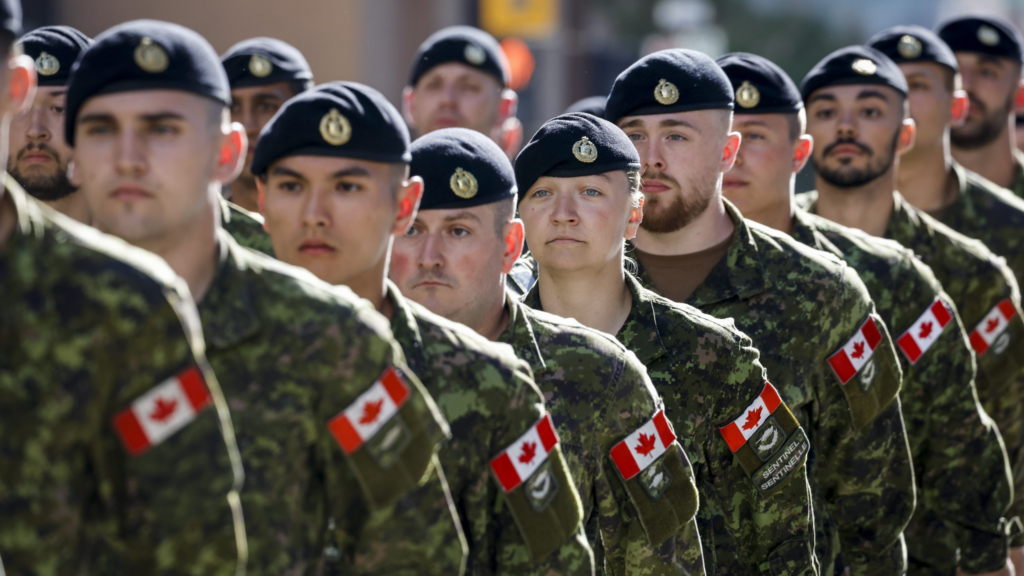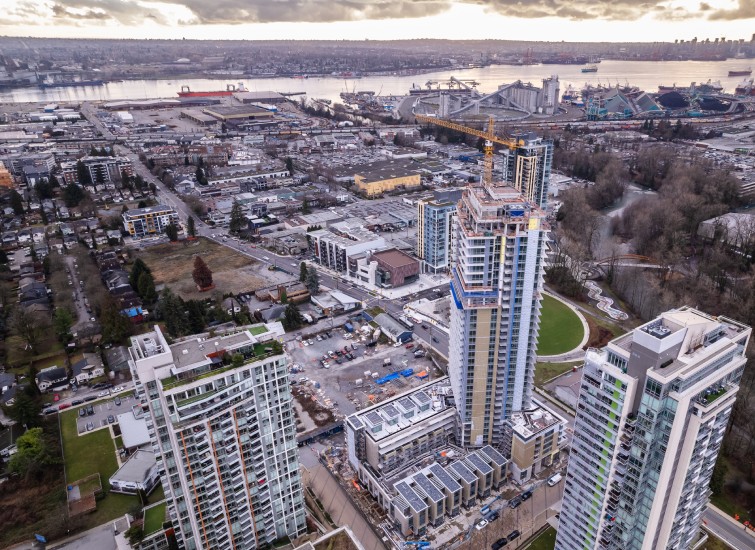At a press conference on Tuesday morning, Quebec Premier Francois Legault announced a six-month freeze on low-wage foreign worker visas in Montreal to limit pressure on housing and public services, as well as to protect the French language. While there are exemptions for the health, education, construction, agriculture, and food processing sectors, the measure is far from toothless. No exemption was offered to the manufacturing sector, and the moratorium will extend to visa renewals, which will put many foreign workers in a quandary.
Business leaders were swift to condemn the move. Francois Vincent, head of the Quebec wing of the Canadian Federation of Independent Business (CFIB), predicted dire consequences: “We will probably see an increase in labour shortages for small businesses and that’s going to have a domino effect and put pressure on prices…and the economy”.
Premier Legault predicts that the visa freeze will reduce the number of temporary foreign workers in Montreal by 3,500. This is a relatively insignificant drop, but the true purpose of the measure is to put pressure on Ottawa. Under the Canada-Quebec Accord signed in 1991, La Belle Province was granted partial control over immigration. Of the 600,000 non-permanent residents (foreign workers, international students, and asylum seekers) in Quebec, 180,000 are managed by the province and 420,000 are managed by the federal government.
Premier Legault wants Ottawa to slash the number under its control by half, but when he has expressed this desire in the past, the Trudeau government has responded by pointing out that Quebec is not taking much action to reduce the number under provincial control. Legault explained that his dramatic foreign worker visa moratorium will disarm that point: “I hope they won’t use this argument anymore, and finally make a move to reduce the number of immigrants”.
The foreign worker visa freeze was not all that Legault had on his mind at Tuesday’s press conference. He also explained that his government intends to introduce a bill to cap the number of international students in Quebec’s universities – an announcement which seems to have blindsided McGill and Concordia. McGill issued a statement claiming that international students provide a “tremendous value” to research and Quebec’s economy, and reiterating their commitment to “attracting, supporting and retaining the best and brightest talent”. Both institutions are probably right to be worried about the effect that Quebec’s coming crackdown will have on university coffers – international students make up around 30% of McGill’s student body, and a little under 25% of Concordia’s.
It is a testament to Quebec’s deep skepticism of immigration that the main criticism of Legault’s visa freeze from other French Canadian political parties was that it didn’t go far enough. St-Pierre Plamondon, leader of the sovereigntist Parti Quebecois, accused the premier of avoiding decisive action: “What François Legault is doing is throwing [the] ball back to the federal government, and it shows that he’s completely overwhelmed with the immigration situation”. Guillaume Cliche-Rivard, the immigration critic for the left wing Quebec Solidaire, said that Legault’s move was belated, pointing out that his party has been calling for a cut to non-permanent immigration for months.
Quebec remains hyperaware of the fragile nature of its status as the last French-speaking region in North America. Most francophones in the province are conscious of the threat that unrestrained immigration poses to the preservation of their language, and their four-hundred-year old culture that can be found nowhere else on earth. This innate drive to preserve Quebecois culture and language, along with everyday concerns about the strain that high immigration is placing on housing and public services, is leading to clashes with a federal government that seems unwilling or unable to take its foot off the population growth pedal.
So far, the only provincial government in English Canada that has taken concrete action to echo public concerns over immigration has been P.E.I., which slashed its provincial permanent residency nominations by 25% in February. As pressure mounts for politicians at all levels to reign in immigration numbers, more provinces may run to the front of the parade. According to BlogTO, some Ontario residents are jealous of the foreign worker visa freeze in Montreal, and are asking for one in Toronto.
All content on this website is copyrighted, and cannot be republished or reproduced without permission.
Share this article!




The truth does not fear investigation.
You can help support Dominion Review!
Dominion Review is entirely funded by readers. I am proud to publish hard-hitting columns and in-depth journalism with no paywall, no government grants, and no deference to political correctness and prevailing orthodoxies. If you appreciate this publication and want to help it grow and provide novel and dissenting perspectives to more Canadians, consider subscribing on Patreon for $5/month.
- Riley Donovan, editor